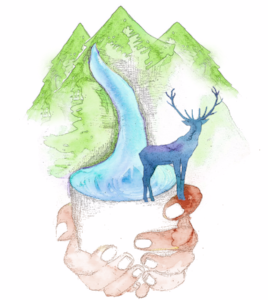Trump. EPA. Action.
With a new US president comes change, and these changes need a call to action.
Over the past few weeks, we have seen reports that Trump's team ordered Environmental Protection Agency (EPA) employees not to speak to the press or use social media for a period of time. The Trump team reportedly asked the EPA to remove parts of the agency's climate change website and they have imposed a "temporary" freeze on new grants and contracts. Although this is not that unusual for a new president to put agency actions on hold like this, it is worrying that the administration is suppressing EPA analysis with Trump wanting to roll back a wide variety of Obama-era climate rules.
What is most striking is that the Trump team has talked about going after EPA's scientists and scientific process in their "agency action plan". In the plan there is recommendations that the EPA stop funding science altogether and that "EPA's science advisory process needs to be overhauled to eliminate conflicts of interest and inherent bias." Now combine that with the Trump team's well-known hostility toward climate change research with the president himself saying global warming is "bullshit".
It's hard to know exactly how the Trump era at the EPA will play out, but Michael Halpern, the deputy director of the Center for Science and Democracy at the Union of Concerned Scientists, suggests watching what happens at the EPA's scientific advisory boards. These advisory boards are supposed to independently synthesize scientific research that is then used by policymakers to inform the shape of regulations. What happens to them under Trump?
“Earth provides enough to satisfy every man’s needs, but not every man’s greed”
Call The President
Comments: 202-456-1111
Switchboard: 202-456-1414
Continue Following
EPA Science Advisory Board HERE
Read credible news sources, such as Washington Post, National Public Radio, Science Magazine
Review NASA Images of Change HERE
